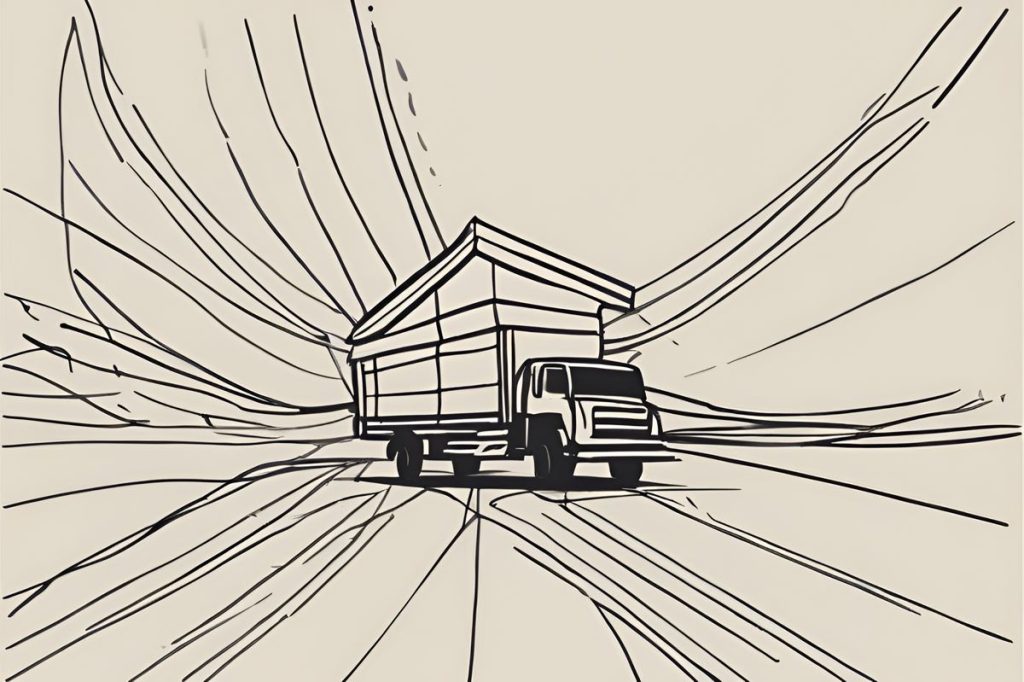Efforts to aid migrants in the Cyprus buffer zone involve collaboration between President Nikos Christodoulides, the UN peacekeeping force Unficyp, and the UN High Commissioner for Refugees (UNHCR). They provide essential support like food, water, shelter, and medical aid, with intensified patrols and humanitarian assistance in line with past practices.
What is being done to help migrants in the Cyprus buffer zone?
Efforts to assist migrants in the Cyprus buffer zone involve collaboration between Cyprus’ President, the UN peacekeeping force Unficyp, and the UN High Commissioner for Refugees (UNHCR). They provide food, water, shelter, and medical aid, especially to vulnerable women and children. The response includes intensified patrols and humanitarian support in line with past practices.
Escalating Humanitarian Concerns
In an unfolding situation that has drawn international attention, Cyprus’ President Nikos Christodoulides disclosed ongoing discussions with the United Nations peacekeeping force, Unficyp, concerning a group of migrants located in the island’s buffer zone. This zone, a vestige of the geopolitical tensions within Cyprus, has become an inadvertent sanctuary for 13 individuals, comprising women and children from diverse origins such as Afghanistan, Iran, Sudan, and Cameroon.
Denied entry into state-controlled regions, these migrants find themselves in the liminal space of the buffer zone near university premises. Historically, Cyprus has been both a destination and a transit point for migrants and refugees, with the buffer zone frequently becoming a temporary shelter for those who find their movement restricted.
The President’s Address and Responses
During the opening ceremony of the new Pissouri police station, President Christodoulides expressed the nation’s commitment to addressing the needs of these migrants with humanitarian support. He indicated previous experiences with similar situations, assuring that the current circumstances would be managed with an approach akin to past practices. The president emphasized the sporadic arrival of these individuals and the complexity of the migration issue, which involves a multi-pronged strategy encompassing sea and land border control and Turkey’s role in the movement of peoples.
Moreover, a spokesperson for Unficyp confirmed close collaboration with the UN High Commissioner for Refugees (UNHCR) in providing vital aid, which includes food, water, shelter, and medical services, especially for the most vulnerable among the migrants. Bringing various authorities together, Unficyp aims to tackle the humanitarian dilemma within the confines of the UN-designated buffer zone.
Increased Migration and Border Patrols
The Republic of Cyprus has witnessed a noticeable surge in migrant arrivals from the north this year, exceeding figures reported in the previous year. The government’s response has been to intensify patrols along the Green Line, the demarcation that separates the Greek Cypriot south from the Turkish Cypriot north, reflecting a broader European concern over border management and the safe passage of refugees and migrants.
This increase in patrols is indicative of a broader strategy to maintain security while also striving to uphold human rights standards and provide assistance where necessary. Across Europe, nations grapple with the intricate balance of protecting borders and ensuring the humane treatment of migrants, a challenge that has escalated in recent years due to political and economic turmoil in neighboring regions.
The Role of International Organizations
The situation in Cyprus underscores the critical involvement of international organizations in crisis areas. The presence of Unficyp and UNHCR in the buffer zone, aiding those caught between borders, is a testament to the global community’s role in providing relief and support. Their actions exemplify the efforts made to mitigate the hardships faced by displaced individuals worldwide and highlight the ongoing need for coordinated international responses to complex humanitarian crises.
What is being done to help migrants in the Cyprus buffer zone?
Efforts to assist migrants in the Cyprus buffer zone involve collaboration between Cyprus’ President, the UN peacekeeping force Unficyp, and the UN High Commissioner for Refugees (UNHCR). They provide food, water, shelter, and medical aid, especially to vulnerable women and children. The response includes intensified patrols and humanitarian support in line with past practices.
What are some of the countries of origin for the migrants located in the Cyprus buffer zone?
The migrants in the Cyprus buffer zone come from diverse origins such as Afghanistan, Iran, Sudan, and Cameroon. They have found themselves in the buffer zone due to being denied entry into state-controlled regions, seeking refuge in this liminal space near university premises.
How is the Republic of Cyprus responding to the increase in migrant arrivals from the north?
The Republic of Cyprus has responded to the increase in migrant arrivals from the north by intensifying patrols along the Green Line, which separates the Greek Cypriot south from the Turkish Cypriot north. This is part of a broader European concern over border management and ensuring the safe passage of refugees and migrants.
What is the role of international organizations like Unficyp and UNHCR in providing assistance to migrants in crisis areas like the Cyprus buffer zone?
The presence of international organizations like Unficyp and UNHCR in the Cyprus buffer zone highlights the crucial role of the global community in providing relief and support to those caught between borders. Their actions demonstrate the ongoing need for coordinated international responses to complex humanitarian crises and the commitment to mitigating the hardships faced by displaced individuals worldwide.

